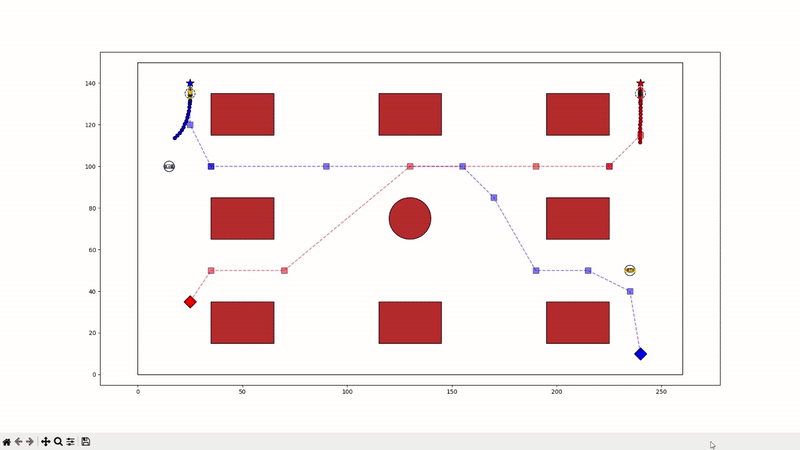|
Chaitanya Sriram I'm a master's student in Robotics Engineering Program at Worcester Polytechnic Institute(WPI), Worcester, Massachusetts. I got my bachelor's degree in Mechanical Engineering with a minor in Aerospace Engineering from Indian Institute of Technology, Hyderabad (IITH) in 2022. I am interested in the areas of computer vision and machine learning for robotics and I am currently looking for co-ops, internships, and full-time job opportunities. |

|
Projects |
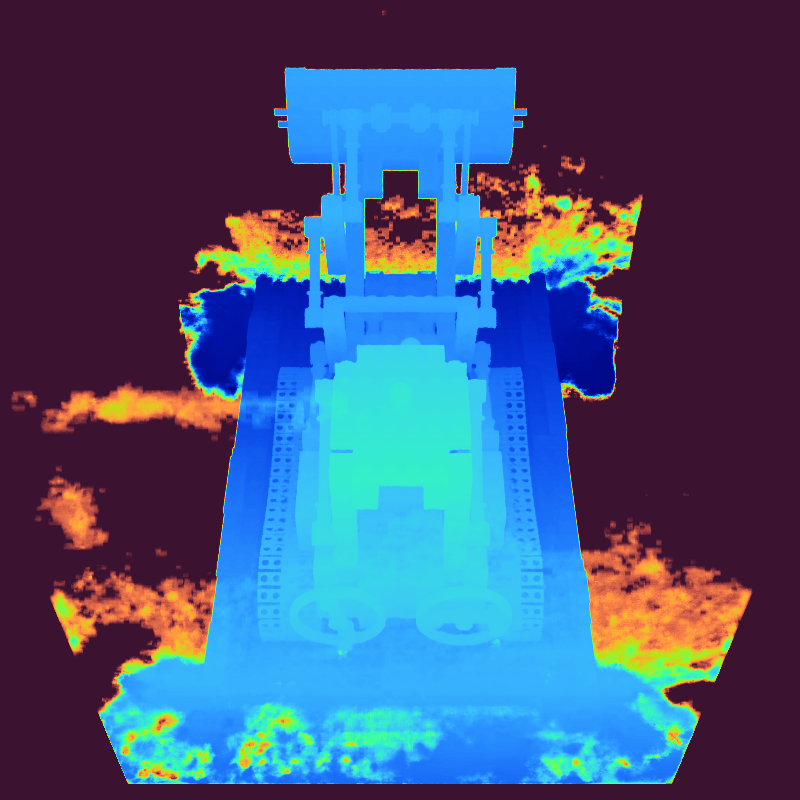
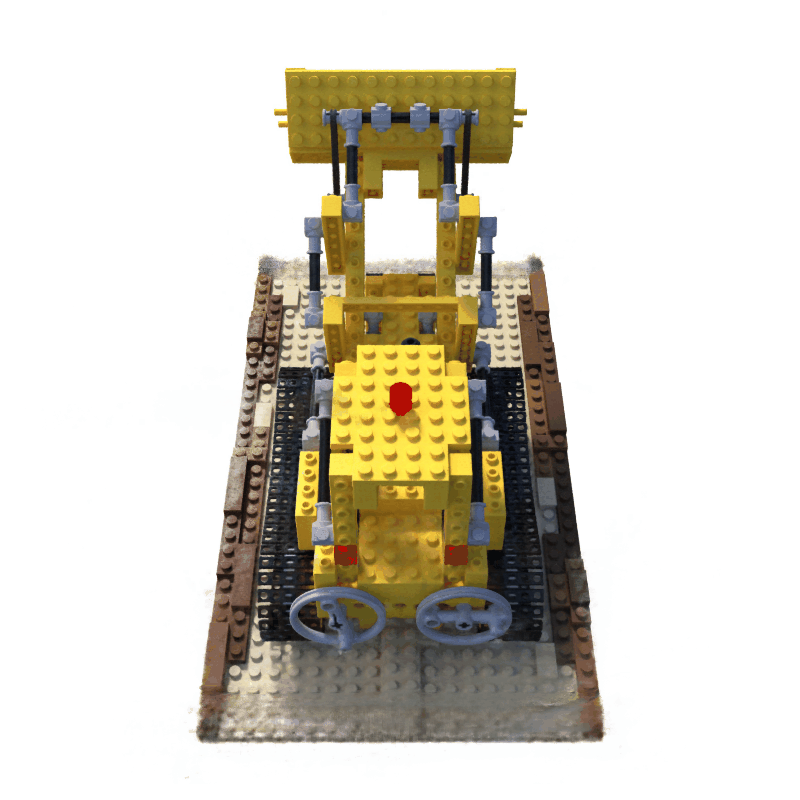
|
project page Implemented the Instant Neural Graphics Primitives (Instant-NGP) paper for Neural Radiance Fields (NeRF), containing a multiresolution hash encoding for efficient feature representation and a multi-cascade occupancy grid system for accelerated raymarching. Full pipeline is implemented using PyTorch and CUDA and tested on the lego dataset. |
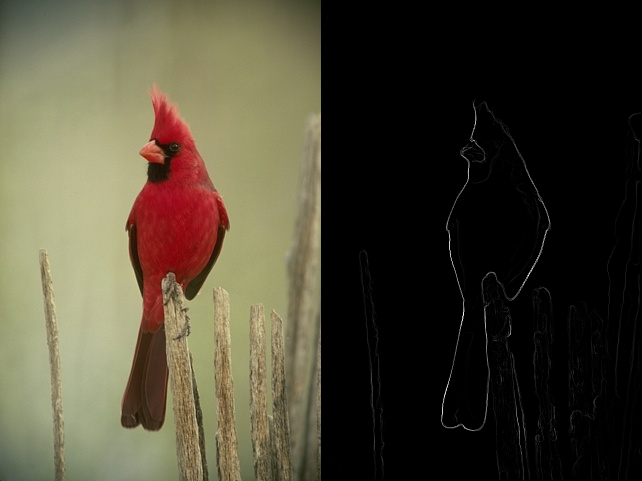 |
project page In this project a probability based boundary(or edge) detection algorithm is implemented. Unlike the the classical edge detection algorithms like Canny and Sobel which look for only the intensity discontinuities, the probability of boundary (pb) detection algorithm considers the texture and color discontinuties in addition. This gives the algorithm a better performance compared to the baseline (Canny and Sobel) algorithms. |
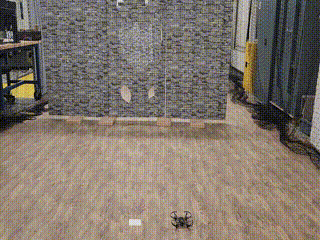

|
project page In this project a perception stack for the DJI Tello EDU quadcopter is designed to enable it to autonomously navigate through irregular, unknown-shaped windows. The primary goal is to identify and fly through the largest gap in a wall. The process begins by maneuvering the quadcopter to a position where the full gap is visible, followed by detecting the optical flow of the window. Subsequently, this flow data is postprocessed to outline the largest gap’s contour and pinpoint its center. With the center identified we employ visual servoing to guide the quadcopter to align its image center with the gap's center, facilitating a successful flight through the gap. (hover mouse on gif to change from drone pov to cameraman pov) |

|
project page In this project, a perception stack for DJI Tello EDU quadcopter was developed to enable precise navigation through multiple windows, whose texture and approximate dimensions are known. To achieve this, simulation-to-reality (sim2real) techniques (such as domain randomization) were used to generate a diverse synthetic dataset from blender that is used to train a segmentation network that identifies the frontmost window. With center and corners obtained PnP technique is used to get 2D - 3D correspondances needed for navigation. |
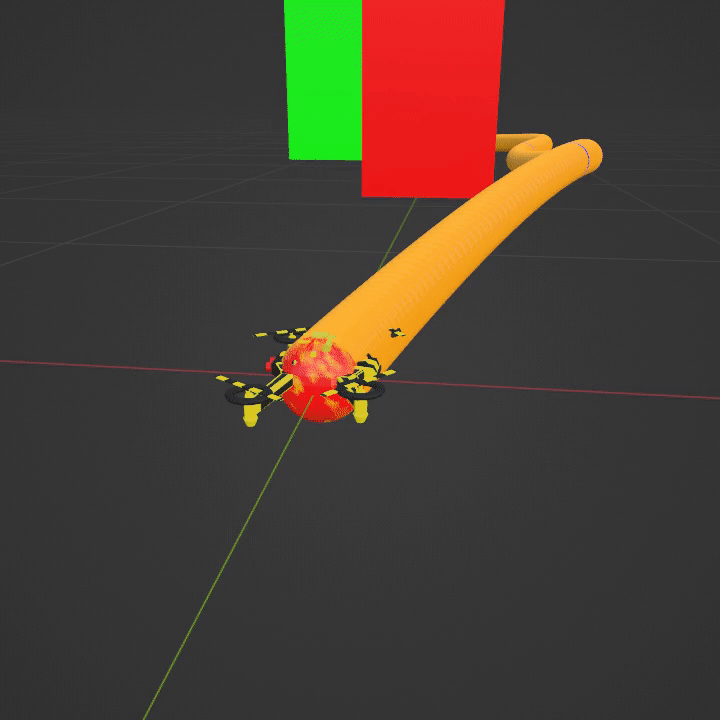
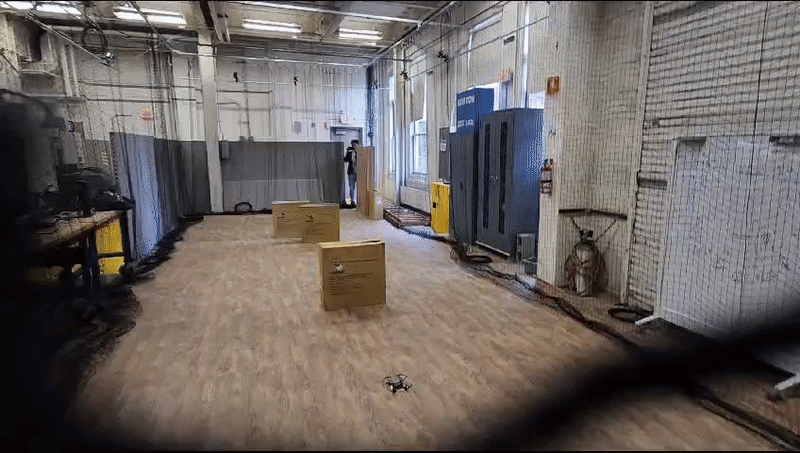
|
project page In this project a RRT* path planning and minimum snap trajectory generation (motion planning) stack is implemented for the 3D navigation of a DJI Tello Edu quadcopter in simulation (in blender) and is then tested on real quadcopter via NVIDIA Jetson Orin Nano. Additionally a cascaded PID controller gains for position and velocity control are tuned to follow the generated trajectory. (hover mouse on gif to change from real to sim) |
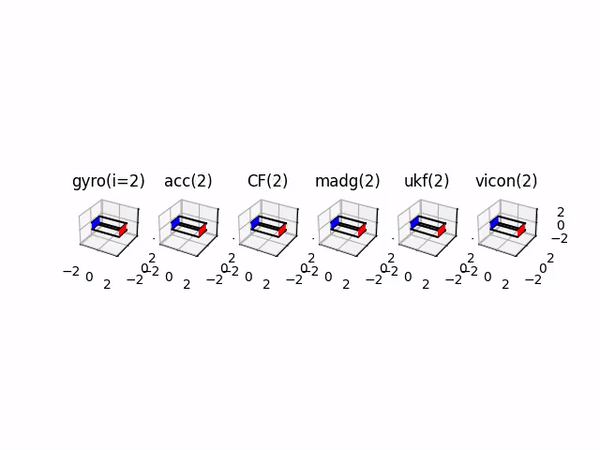
|
project page Estimated the 3D orientation or attitude from 6 DOF IMU data (accelerometer and gyroscope) using only accelerometer data, only gyroscope data, a complimentary filter, a Madgwick filter, and an Unscented Kalman Filter. |
|
Created a decentralized collision avoidance strategy for multiple autonomous vehicles moving in an unstructured map configuration, which contains both static and passive dynamic obstacles. The implementation relies on collision avoidance using ”Generalized Velocity Obstacle (GVO)” and ”Acceleration-Velocity Obstacles (AVO)” methods, and utilizes a model predictive control (MPC) strategy to generate local collision-free trajectories for each autonomous vehicle. Compared the performance of AVO and GVO on multiple map configurations. (click on gif for full screen view) |
|
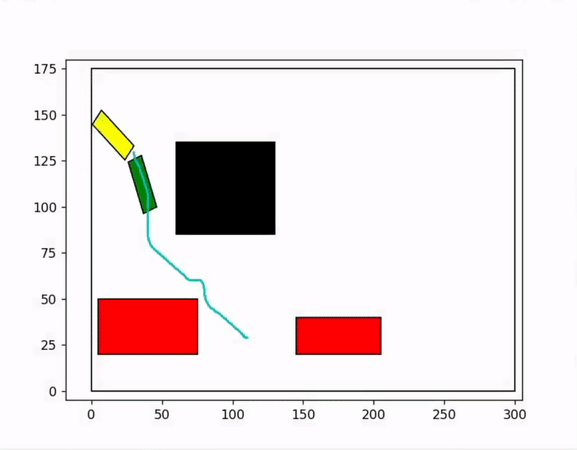
|
project page Created an A* kinematic path planner under non holonomic constraints for three vehicle types: Delivery Robot (differential drive), Car (Ackerman steering), Truck (A car with single trailer attached). The goal is to park between two vehicles while avoiding obstacles in between. |

|
project page Created a RRT based motion planner to remove the mainshaft from the transmission case of a gearbox without any collisions to prevent damages. |
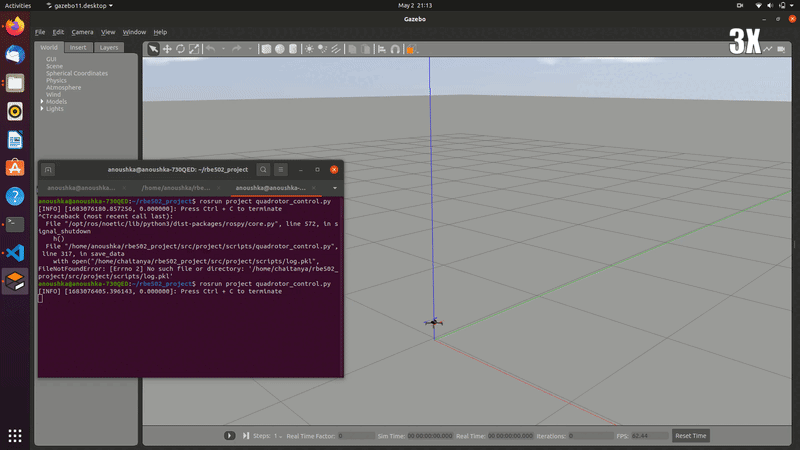
|
project page Designed a sliding mode controller for altitude and attitude control of Crazyflie 2.0 drone to track desired trajectories between desired waypoints. The controller is robust to external disturbances. |
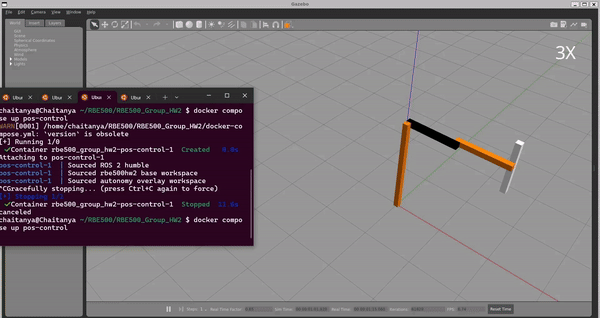
|
project page Implemented a PID control for position and velocity of a SCARA robot in simulation in ROS2 and Gazebo. |
Publications |
 |
N. E. Pacheco, C. S. Gaddipati, S. Farzan and L. Fichera, "Automatic Focus Adjustment for Single-Spot Tissue Temperature Control in Robotic Laser Surgery", in IEEE Transactions on Medical Robotics and Bionics, vol. 6, no. 4, pp. 1386-1390, Nov. 2024, doi: 10.1109/TMRB.2024.3464670. |
 |
N. P. Babu M, P. Kumar Duba, G. C. Sriram and P. Rajalakshmi, " Bio-Inspired Micro Aerial Vehicle (MAV)", 2022 IEEE IAS Global Conference on Emerging Technologies (GlobConET), Arad, Romania, 2022, pp. 661-666, doi: 10.1109/GlobConET53749.2022.9872352. |
|
Source code and style cloned from Jon Barron's website. |
